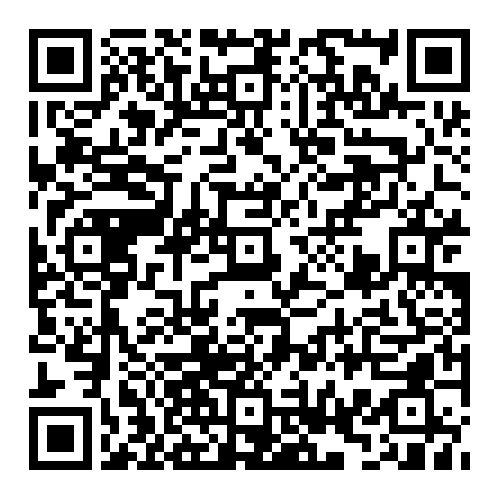How not to commit plagiarism? Academic honesty
Plagiarism is presenting as one's own the work done by another person, and can be detected in different ways. Professors and supervisors of the paper are usually very familiar with the literature related to the discipline, area or subject covered, in addition, they have the help of plagiarism detection programs that compare students' works, with various sources, in search of plagiarized texts.
Be careful not to use other people's texts or works, as if it were your own, this is an infringement against copyright. Remember that when using and quoting texts or ideas from others, you must quote correctly.
The papers that students develop for evaluation in disciplines must be original and not incur plagiarism. It will be considered fraud dishonest attitudes in the performance of tests, exercises or preparation of assignments, which try to prevent the fair evaluation of teachers in the verification of learning or knowledge developed, being subject to the application of the code of ethics for infraction of plagiarism or intellectual dishonesty.
To avoid occurrences of plagiarism, one should develop good academic writing skills, such as the use of effective techniques for taking notes, and also for quoting, paraphrasing, and recapitulating so that the work has adequate references. To make notes, for citations and references, we recommend Mendeley who manages the citations and assists in the preparation of references according to ABNT Standarts.
Access the full plagiarism booklet and learn more.






